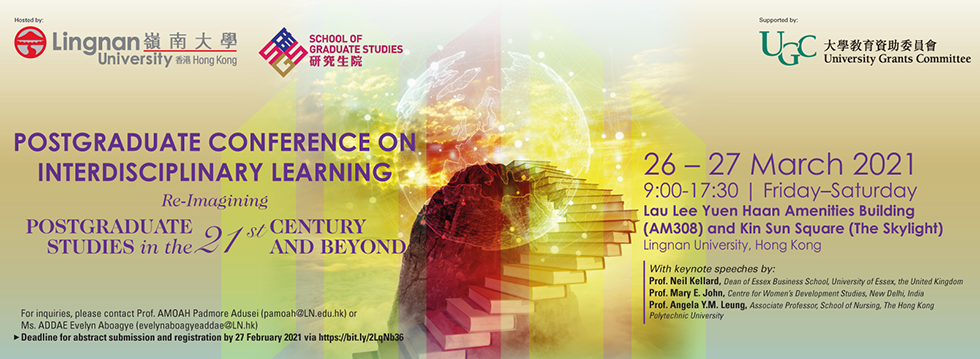
Talking the past for future: History and history education programmes during the pandemic and post-pandemic time in Indonesia
Start Date
26-3-2021 12:00 PM
End Date
26-3-2021 12:15 PM
Description
The COVID-19 pandemic has changed almost the entire order of human life, including the field of education. One of the concerns is the relevance of educational subjects during the disruption period and the post-pandemic world. What are pandemic effects for the future of History and History Education programmes in Indonesia's higher education? We will examine some notes from the academics, students, as well as recent graduates in the field and then reflect qualitatively from our perspective about its practical implication for the short-term and mid-term period.
With social restrictions, travel ban, and limited access to public facilities, conducting historical research became more challenging. The relatively underdeveloped archival and source documentation system in developing countries causes the quality of final assignments or academic journals among tertiary student to rely on secondary sources instead of primary ones. Meanwhile, online learning has reduced the conventional history learning model in the classroom to be more theoretical. However, in general, quality is not a significant issue for many students and graduates. This condition may be related to the standards set since the pre-pandemic period was not very high. For them who have graduated recently, the biggest concern may be not in term of quality but for their career: how long they should wait for the job to be available again.
Recommended Citation
Adriani, N. M., & Labibatussolihah (2021, March). Talking the past for future: History and history education programmes during the pandemic and post-pandemic time in Indonesia. Presented at the Postgraduate Conference on Interdisciplinary Learning: Re-Imagining Postgraduate Studies in the 21st Century and Beyond. Lingnan University, Hong Kong.
Talking the past for future: History and history education programmes during the pandemic and post-pandemic time in Indonesia
The COVID-19 pandemic has changed almost the entire order of human life, including the field of education. One of the concerns is the relevance of educational subjects during the disruption period and the post-pandemic world. What are pandemic effects for the future of History and History Education programmes in Indonesia's higher education? We will examine some notes from the academics, students, as well as recent graduates in the field and then reflect qualitatively from our perspective about its practical implication for the short-term and mid-term period.
With social restrictions, travel ban, and limited access to public facilities, conducting historical research became more challenging. The relatively underdeveloped archival and source documentation system in developing countries causes the quality of final assignments or academic journals among tertiary student to rely on secondary sources instead of primary ones. Meanwhile, online learning has reduced the conventional history learning model in the classroom to be more theoretical. However, in general, quality is not a significant issue for many students and graduates. This condition may be related to the standards set since the pre-pandemic period was not very high. For them who have graduated recently, the biggest concern may be not in term of quality but for their career: how long they should wait for the job to be available again.

